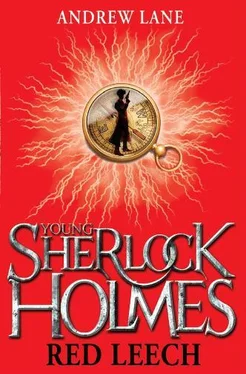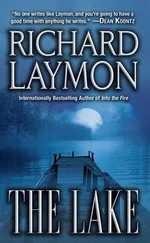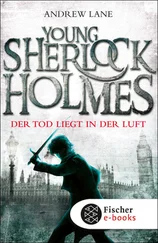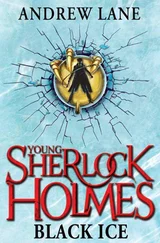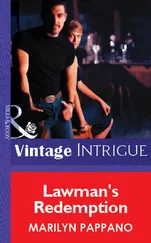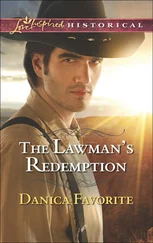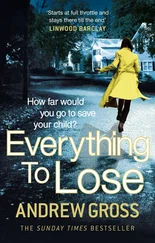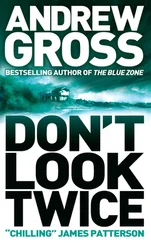“We could try stealing horses,” Sherlock pointed out, “but we’ll probably be caught. I suspect these people look after their horses, especially if they’re planning an invasion.”
Matty sighed. All right,” he said, “let’s go. We can dry out while we’re walking.”
Staying out of sight of the house, the three of them made their way through Balthassar’s collection of animal pens and cages. Many of them were empty, but Sherlock saw some things in the occupied ones that he would remember for the rest of his life — animals he had only ever seen in illustrations, which in the flesh looked like the creatures of dreams or nightmares. Animals with elongated legs and elongated necks whose skin was covered in large brown patches; a massive creature with a square head that hung low in front of it, two horns on top, between its eyes, and a skin as thick as armour; and things that looked like pigs but which were covered with wiry hair and had tusks sticking out of their jaws. A bestiary of fabulous animals.
When they got to the edge of the enclosures and cages, Sherlock looked around carefully. The grass-covered ground ahead of them was clear, and far away, over to their right, he could see Balthassar’s house. The orientation of the house indicated where the train line had to run, although it was hidden by the high grass. Somewhere out there was the boundary fence, and past that, along the rail lines, was the town called Perseverance. Across at least one wooden bridge that spanned a deep ravine, as far as he remembered.
Not that they had a choice.
“Come on,” he said wearily. “Let’s get this over with.”
And so they set out, walking across the grasslands. It only took ten minutes to find the twin metal rails of the train line, laid across parallel rows of wooden sleepers, and another half-hour to get to the boundary fence, and the point where their train had diverted off the main line towards Balthassar’s house. Once they discovered the train line, Matty had spent a few minutes walking between the rails, stepping from sleeper to sleeper, but the gap was slightly larger than his stride and his legs started aching quickly, so he joined Sherlock and Virginia walking alongside the rails.
Within another half-hour the fence and the house had vanished into a heat haze that made the horizon shimmer. All that was left was the rails, leading away from them in either direction, and the grasslands. Off in the distance to his left Sherlock thought he could see the dim shapes of mountains, but the haze made it difficult to judge.
Birds circled above them. Matty thought they might be vultures, but Virginia said they were chickenhawks. Sherlock reserved his judgement. He didn’t know what either a vulture or a chickenhawk looked like, so he wasn’t prepared to speculate.
While they walked, he found himself turning over and over in his mind the plans that Duke Balthassar had explained to them. It all sounded so preposterous — a revived Confederate Army seeking to invade a neighbouring British colony in order to set up a new nation where they would be allowed to run things the way they wanted, rather than the way that the winning Unionists wanted. Sherlock didn’t approve of slavery, but he wasn’t sure that he approved of one group of people using force to tell another group how to live their lives. But what was the alternative? Should everyone just be allowed to live according to their own moral codes? And if that was the case, what happened if your neighbour believed that theft was allowed, but you didn’t, and he stole your pigs, or your sheep, or your horses? But the alternative was allowing someone to impose a moral code on you that you didn’t yourself believe in, but had to follow.
Strangely, all this led Sherlock’s thoughts back to the copy of Plato’s Republic that Mycroft had given him before he left Southampton. Plato had anticipated all of these questions, over two thousand years ago. And in the intervening time, nobody had managed to create a society that everybody could agree on and which actually worked properly.
Was that what Mycroft himself, in his quiet way, was trying to do — make Great Britain into a society that worked about as well as it could?
Sherlock found that he was developing a stronger and stronger respect for his brother as he got older.
The sun slipped inexorably closer to the horizon behind them as they walked, casting giant shadows ahead of them across the undulating grassland. For a while Sherlock thought he could see a dark slash against the sunset-tinged grass, and as time went on and the sun slid closer and closer to vanishing, the slash turned out to be the ravine that the train had crossed earlier, on its way to Balthassar’s house. The dying rays illuminated the bridge from a strange angle, making it look more like a child’s model than something real.
“We’ve got to cross that ?” Matty asked in a hushed voice as the three of them stopped at the edge of the ravine and gazed at the bridge.
Sherlock indicated the depths of the ravine with a wave of his hand. “I don’t think we’re in a position to climb down, cross and then climb up again.”
“I think,” Virginia said, “that he means “We’ve got to cross that tonight?” and I think I agree with him.”
“We can’t afford to stop and sleep,” Sherlock pointed out. “For a start, we don’t know what’s out here. Cougars, bears...”
“Raccoons,” Virginia murmured.
“There could be anything,” he continued. “And we need food. Apart from orange juice and a bread roll, I’ve not had anything since this morning.”
“Food...” Matty moaned. “I’m starving. Do you think there’s anything out here we could, you know, hunt ?”
“More likely to be the other way around,” Sherlock pointed out. He took a deep breath, and started out over the ravine, stepping from sleeper to sleeper.
“What happens if a train comes along?” Matty called.
“They don’t run at night,” Virginia said. “Too much chance of hitting a buffalo, or a landslide, or something else. They stop in the nearest town and let people off. There’s hotels for people to stay at until the train leaves, next morning.”
“Oh,” said Matty. He sounded as if he’d been hoping for a reason not to cross.
Sherlock found, like Matty before him, that stepping from sleeper to sleeper was exhausting. Although he had long legs he still had to stretch for each step. He could see down between the sleepers, but because the last rays of the sun were shining horizontally across the landscape, the ravine was in darkness, and all he could see between his feet was an empty void. If he stared too hard then he started to lose track of where his feet were. Twice he stumbled, and almost lost his footing. Eventually he decided that he just had to look ahead, and trust his instincts to let him find the sleepers. Each one was the same distance apart, and he found that if he didn’t look then he could still work it out.
He glanced back over his shoulder every now and then, to see Virginia and Matty silhouetted by the red disc of the sun following them. They seemed to be managing all right. There was, he told himself, nothing he could do to help them. Each of them was in a universe of their own on that long walk over the ravine.
He heard a sound behind him. He stopped, and glanced over his shoulder. Virginia was sprawled across the tracks. She looked exhausted. She raised her head and gazed at him with weary eyes. “Sorry,” she muttered. “I tripped.” “I can’t come back to help,” Sherlock said desperately. “I can’t turn round without risking a fall, and if I bend down to help you up I might fall anyway!"
“I know,” she said quietly. “I know.”
Читать дальше
